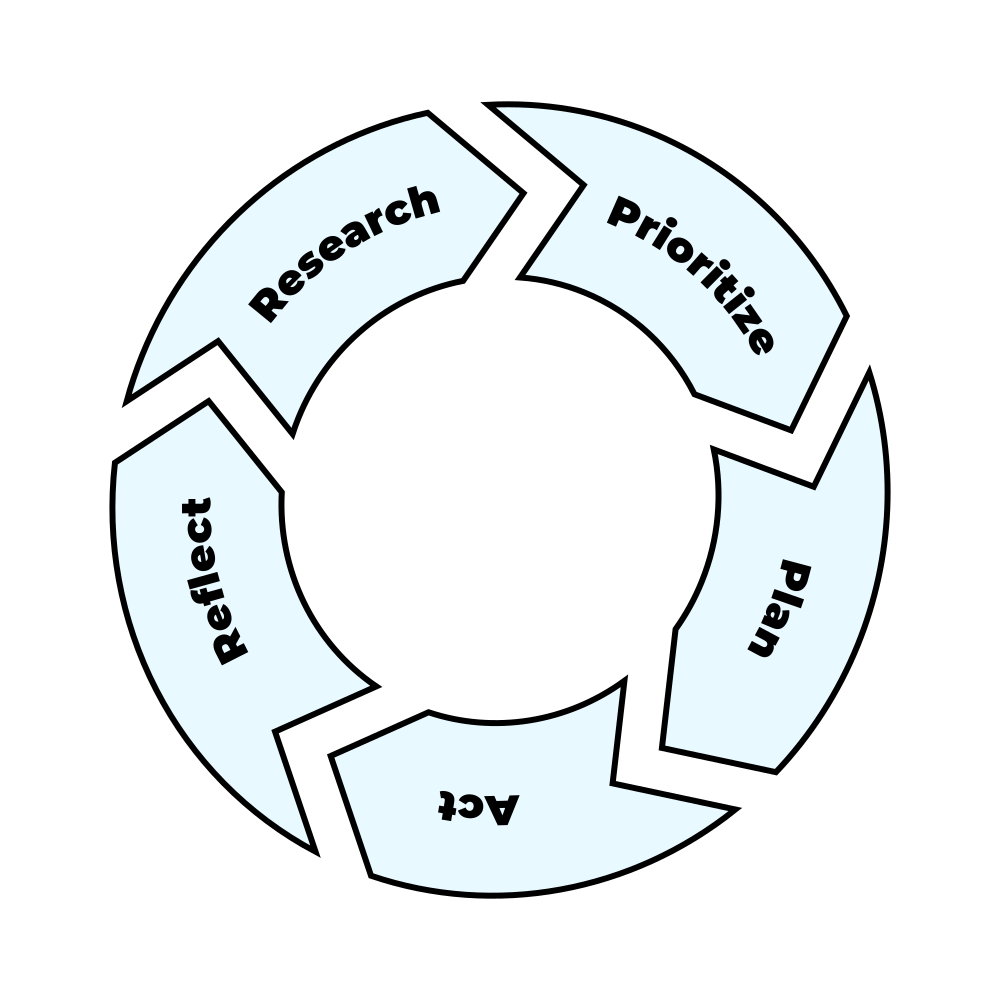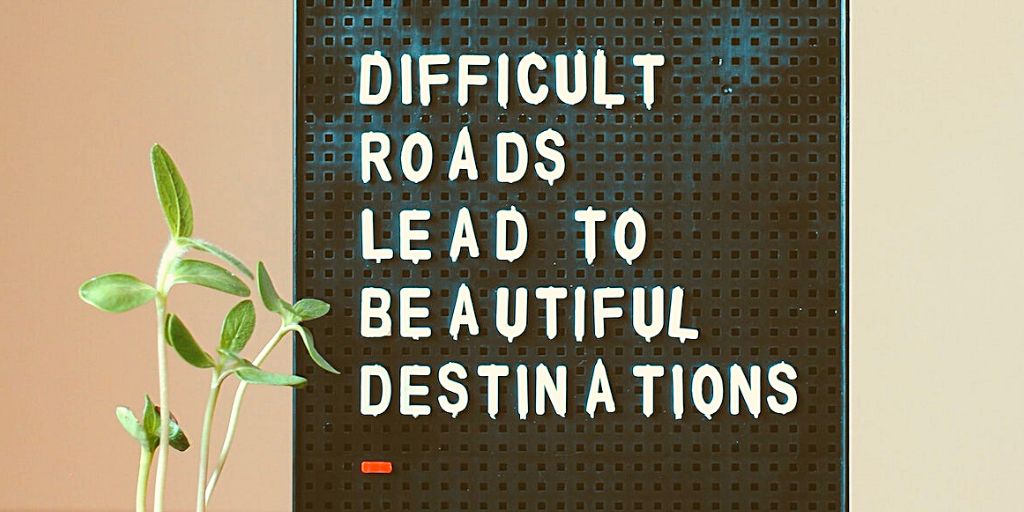This post first appeared on the 1st things 1st blog.
What a paradox that to write about productivity for those who always postpone things, I am procrastinating myself while scrolling productivity and business tips on Twitter. The problem is that I shouldn’t focus on productivity to be productive. Instead, I should focus on my goals. And develop effective habits.
The trick is just to start doing what you planned. And so I started, and in this article, I will give you a glimpse of those habits that you should develop to live a more thriving and meaningful life.
Know your WHY’s
Always be aware of why you are doing what you are doing. You will always have very little motivation if your reasons are vague.
Do you work just for survival? Or for financial stability? Or for recognition? Or for impact? Or for self-expression?
Finish what you started
Decide in advance which of your projects are to be finished and which of them are just experiments.
Don’t start working on new projects until the old ones are completed. Learn the habit of getting things done.
Focus on your strengths
Nobody is perfect. Everyone has their flaws. As well as their strengths.
Don’t be sorry about what you can’t do. Identify what you can do best, and make that even better.
Ask others for help when it’s too hard to handle yourself or takes too much time.
Start now with what you have
Perfect conditions will never exist. So you have to start doing what you want or need to do now. Not next month, not next week, not tomorrow. But now.
Start ideating, prioritizing, and planning. Take the first steps. Even if that’s for 20 minutes. The goal is to build productive habits.
Create TODO lists
Have three TODO lists: “Must do,” “Should do,” and “Want to do.” Execute tasks from those lists according to your priorities and energy levels.
Don’t waste your time on “wants” if your “musts” are not done yet.
Break big tasks into smaller chunks
Sometimes your tasks are so huge that you just get overwhelmed and perplexed. Where should you start? How can you plan and estimate?
The trick here is to split the big task into smaller ones and evaluate them separately.
Find your prime biological time
Identify your most productive time of day. Maybe it’s your mornings, maybe afternoons, or maybe nights.
It’s your Power Hours that you should use for the most critical or creative work.
Schedule daily work time in blocks
Split your days into segments and dedicate those segments to different types of work. For example, 13:30 – 15:00 is for writing and replying to emails.
Do only one thing at a time. Don’t switch contexts. You will be more productive, focussing on only one type of work at a time.
Gamify your work
Try not to break a chain by working on something for a regular time daily. For example, building something for 1 hour every day.
Or, if you have some tedious tasks to do, decide on some point system to reward yourself for a certain amount of completed tasks.
Choose peace, not conflict
When communicating, aim to be calm, understanding, and harmonious. Unnecessary conflicts just drain your energy and make you less than productive.
Usually, complicated people are so because of their difficult pasts. So be aware of that, and it will help you be more peaceful.
Have an accountability partner
Struggling on your dreams alone might be difficult. There are a million reasons not to do something you wish to have done. The tiredness after the primary job, wishing to spend time with your friends or family, exciting TV show, or a new series on Netflix.
Don’t make excuses, and have a friend to talk with about your progress. This will make you more inspired and accountable against that person.
Control your devices
Don’t fall into the trap of digital devices. Instead, make smartphones, computers, and TV work for you, not control you.
Switch off most notifications not to distract you. Then, when you need more focus, go to Airplane mode.
Install apps that let you prioritize, plan your time, focus better.
Focus on the 20% most important tasks
The Pareto principle says that by doing just 20% of the most critical tasks, you can achieve 80% of the impact.
Identify which tasks make this 20% of your lists and focus on them.
Work hard on your mindset
Life is as finite and fatal as you define it. You can have a fixed mindset, thinking that you have developed during your childhood and youth, and nothing can be changed afterward.
Or you can be in a growth mindset thinking that you can continuously develop yourself, survive mistakes and learn from them, and work on life-changing projects.
Hold yourself accountable – drive your own life
Don’t wait for someone else to fix your life and make your dreams come true. Be the driver of your own life.
Design your life, take action, and go forward!
Invitation
There is more to that. If you learned something new and want to dive deeper, check these concise productivity tips I recently published. There are many more tips there (80 to be exact) for your goal setting, motivation, self-awareness, priorities, planning, efficiency, and growth.
Cover photo by cottonbro







